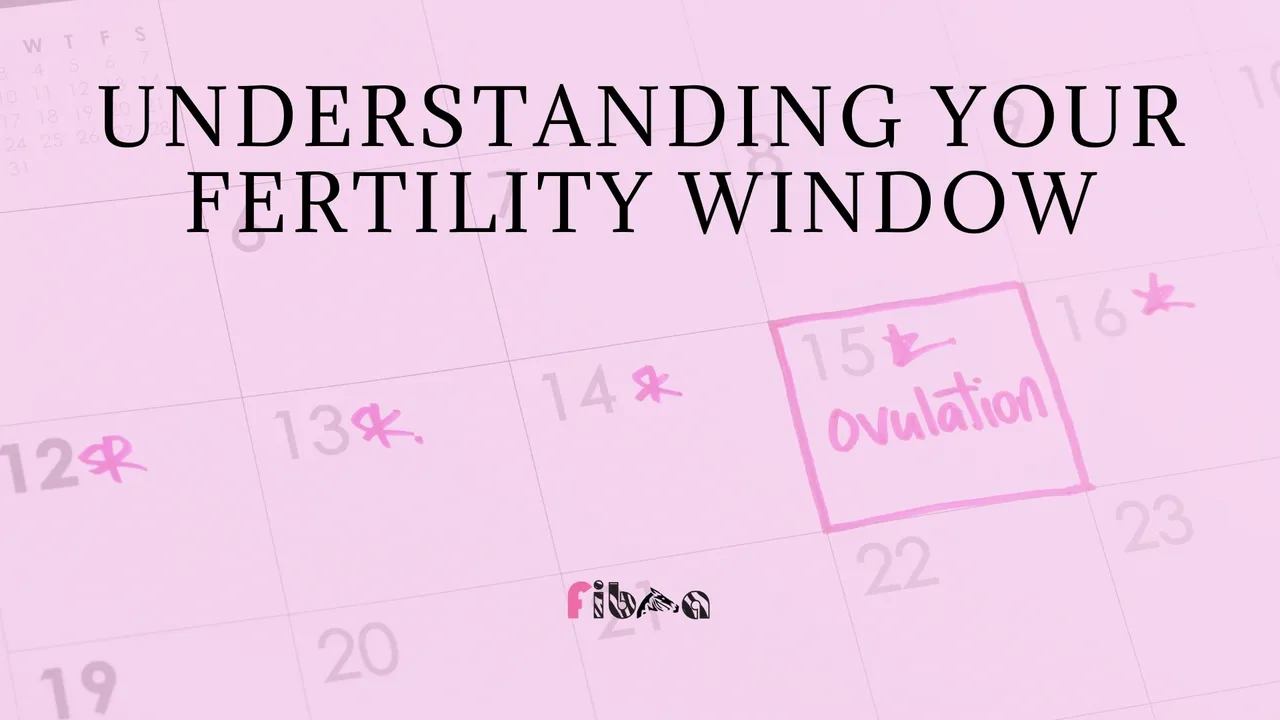Fibra™ Updates: Cutting-Edge Technology Meets Women’s Health

When we were kids learning about sex ed, we were taught not to have sex because you WILL get pregnant at any point in your cycle. I believed this for years, worried that I could get pregnant no matter where I was in my cycle when I had sex. Getting pregnant was just that easy. It wasn’t until years later that I learned that wasn’t the case, and there is a small fertile window where women are likely to conceive if they have sex.
Let’s start with the basics. Your cycle begins on the first day of your period and lasts until the first day of your next period.₁ Every woman’s cycle is different, lasting from 21 – 45 days. The menstrual cycle can be broken down into four phases.
There are a few points in your cycle where you are most fertile. The days leading up to and during ovulation are your most fertile days.₈ This does not mean there are points in your cycle where you are 100% safe from pregnancy if you have sex without protection,₉ as sperm can survive for up to five days within the female.₁₀ If you have a short cycle and ovulate early, then it is possible to get pregnant if you have sex during your period.₁₁
Our bodies don’t work like clockwork. Our cycles can vary from month to month,₁₂ which is why it is difficult to tell if there’s a point in your cycle where you are likely/not likely to get pregnant. However, if you are trying to conceive, the days leading up to and during ovulation is the point in your cycle where you are most fertile.₁₃
1, 8, 9, 11, 13 Can I get pregnant just after my period has finished? NHS choices. Accessed November 6, 2023.
2, 4, 5 Department of Health & Human Services. Menstrual cycle. Better Health Channel. April 26, 2001.
Accessed November 6, 2023. https://www.betterhealth.vic.gov.au/health/conditionsandtreatments/menstrual-cycle.
3 Professional CCM. Follicular phase of menstrual cycle: Hormone levels & length. Cleveland Clinic. Accessed
November 6, 2023. https://my.clevelandclinic.org/health/body/23953-follicular-phase.
6, 7 Professional CCM. Corpus luteum: Development, anatomy & function. Cleveland Clinic. Accessed
November 6, 2023. https://my.clevelandclinic.org/health/body/21849-corpus-luteum.
10 Gargollo, M.D. PC. Sperm: How long do they live after ejaculation? Mayo Clinic. May 5, 2022. Accessed
12 Levine B. What are irregular periods: Treatment, pregnancy, and more. EverydayHealth.com. May 11, 2020.
Accessed November 13, 2023. https://www.everydayhealth.com/pms/irregular-periods.aspx#:~:text=Menstrual%20cycles%20don’t%20always,vary%20from%20cycle%20to%20cycle.

We do this for ourselves, our mothers, grandmothers, sisters, daughters, and granddaughters—because every woman deserves the tools to understand and care for her body with confidence. Together, we’re building a healthier, more informed future for generations to come.
© 2024 Fibra Inc.Ca.com, All Rights Reserved
Developed & Design by WebHEQ